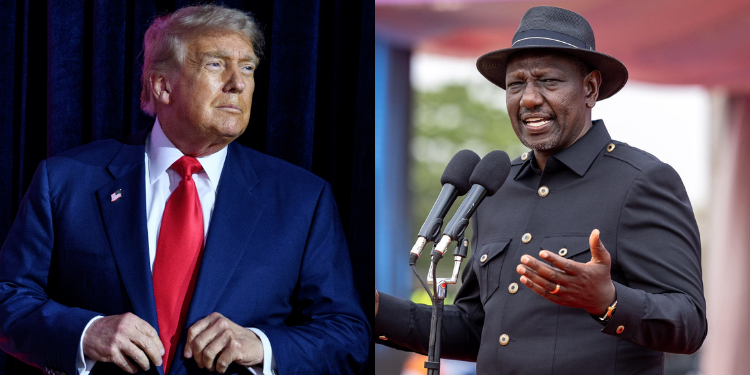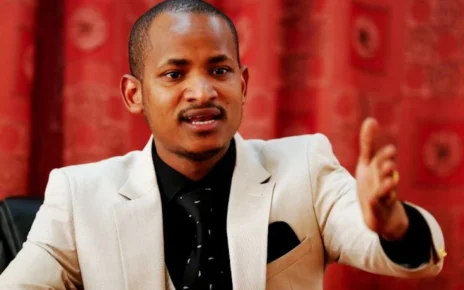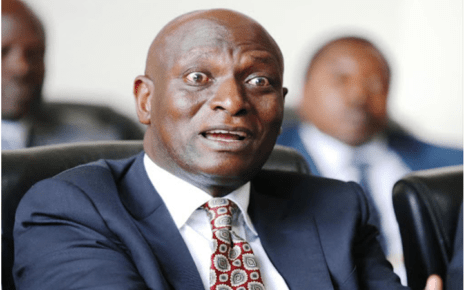When former U.S. President Donald Trump declared at the United Nations that “climate change is the greatest con job ever perpetrated on the world,” he reignited a fierce debate over the legitimacy of climate science. In response, Kenya’s President William Ruto offered a firm rebuke—not through mockery, but by leaning on facts, lived experience, and Africa’s stake in the climate conversation.
Trump’s Provocation: Rhetoric Meets Skepticism
During his address at the UN General Assembly, Trump castigated climate scientists, calling global climate projections “wrong” and alleging they were devised by “stupid people.” He claimed that warming predictions had failed — pointing to cooler temperatures — and implied that shifting to the broader term “climate change” was a rhetorical dodge to avoid being wrong.
This was no casual quip. In addressing more than 150 global leaders, Trump framed green policies as misguided and warned against their adoption. His platform was not just skepticism but a direct challenge to the legitimacy of many nations’ climate agendas.
Ruto’s Counter: Reality, Responsibility, and Reform
Rather than engaging in name-calling or hyperbole, Ruto responded by stressing that influence or authority cannot override empirical truth. In an interview, he said:
“You cannot reverse the trends going on. Floods, wildfires, droughts are ravaging continents. That’s a reality you can’t wish away. Science, facts are stubborn … Climate change is real. Climate action is necessary.”
Ruto also reframed global expectations about climate action. He insisted that African nations are no longer begging for charity but proposing investment-driven solutions. According to him, climate response is now an economic opportunity, not merely a moral obligation.
Finally, Ruto used the moment to demand reform of international institutions. He warned that without structural changes—especially in decision-making, representation, and financing—the United Nations risks losing legitimacy. The calls for reform reflect long-simmering frustrations in Africa and the Global South over exclusion in global governance.
Why This Exchange Matters
This clash is more than political theater. It underscores two competing visions of a global crisis:
- One side dismisses climate action as a narrative game, subject to rhetorical swings.
- The other side insists that the planet will not defer to political will—and that those on the margins pay for denial the most.
For Kenya and other climate-vulnerable nations, the stakes are existential. Crop failures, extreme weather events, displacement, and water stress are already manifesting. Meanwhile, rhetoric can delay—or derail—necessary investment and coordination.
Ruto’s response is significant because it refuses to let denial dominate the discourse. By anchoring his case in observation and pragmatism, he challenges other leaders to move past talk and commit to concrete reform, funding, and accountability.



